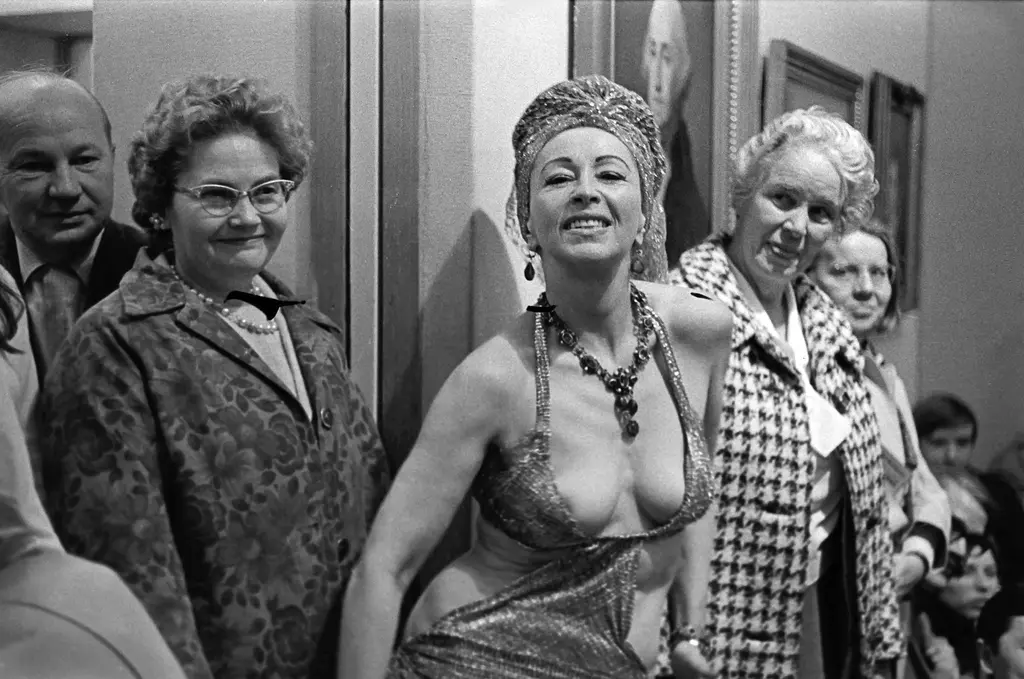4 Creativity Lessons From El Bulli
- Text by Alex King

Catalan chef Ferran Adrià is equal parts artist, mad scientist and gastronomic genius. During his time in charge of El Bulli, he shattered the rules of the kitchen, drew on molecular gastronomy to turn food into culinary foam and won the title of world’s best restaurant — five times. After creating 1,846 truly unique one-off dishes, he shut the restaurant’s doors in 2011 out of a fear of repeating himself and has since embraced the role of creative visionary. In a recent profile in The New York Times, Adrià declared that he wants to share the inspiration he draws from food to inspire the world to innovate.
For Adría, creativity and innovation is the essence of cooking. Food is constantly evolving and cross-pollinating. You can see it everywhere from El Bulli’s haute cuisine all the way down to street food vendors who ply their trade from Kolkata to San Francisco to Buenos Aires. Walking the streets and sampling the variety of smells that fill the air is a great way to judge any city’s creativity. For example, the most obvious reflection of London’s vibrant multiculturalism is through the kaleidoscope of colours and flavours produced when cooks from around the world rub shoulders, sharing ingredients and ideas.
Adrià once spent eight months trying to “understand” lettuce and achieved his superstar status by breaking down cooking processes and ingredients — but most importantly our established ideas and preconceptions about food — to reconstruct them in pioneering new ways. Adrià is passionate that his revelations at El Bulli are relevant far beyond the kitchen. Through his new El Bulli Foundation, he aims to interrogate the art of innovation and “us[e] cooking as a language [to] interact with other disciplines, such as: design, science and architecture.” Adrià’s ambitious mission is to inspire people in all walks of life to ignore preconceived ideas about what’s possible, think differently and place creativity and innovation at the heart of everything they do.
Four Creative Lessons from Ferran Adrià
1. Think Differently
“Don’t think of the watermelon as a watermelon,” Adrià told Esquire in 2011. “Think of it as a tomato. From this point, then, cook it. It’s very fleshy fruit. Obviously, you need to have a big piece. Prepare your tuna and, instead of rice, complement it with the watermelon.”
2. Eat Knowledge
Adría often repeats the phrase: “Now we will eat knowledge,” according to staff at the foundation. Despite his achievements, a hunger to learn more about his craft motivates him to keep pushing forward. “I leave here every night thinking I know nothing about cooking,” he told the NYT. “That is powerful.”
3. Break with tradition
“You may say, ‘Oh, no. You can’t touch a traditional recipe.’” Adría told Toronto Life in March. “But we ask: why can’t you? Back in 1350, a vinaigrette was a stew, so we ask, why not? This can be applied to any kind of cooking, and that’s the shocking part of it. It kind of bends all the traditions. It’s a good thing.”
4. Go with your instincts
Adrià’s relentless search for revolutionary dishes and the resources he put into research meant that El Bulli struggled to make ends meet for most of his time in charge. But he didn’t measure success in financial terms, numbers of diners served or any other metric. Instead, going with his instincts is enough to feel he and his team are on the right track. As he told the NYT: “We will know if we are doing well because we will feel it.”
To find out more about Ferran Adrià’s work head over to El Bulli or check out Gereon Wetzel’s documentary El Bulli: Cooking In Progress.
You might like

Remembering New York’s ’90s gay scene via its vibrant nightclub flyers
Getting In — After coming out in his 20s, David Kennerley became a fixture on the city’s queer scene, while pocketing invites that he picked up along the way. His latest book dives into his rich archive.
Written by: Miss Rosen

On Alexander Skarsgård’s trousers, The Rehearsal, and the importance of weirdos
Freaks and Finances — In the May edition of our monthly culture newsletter, columnist Emma Garland reflects on the Swedish actor’s Cannes look, Nathan Fielder’s wild ambition, and Jafaican.
Written by: Emma Garland

Capturing life in the shadows of Canada’s largest oil refinery
The Cloud Factory — Growing up on the fringes of Saint John, New Brunswick, the Irving Oil Refinery was ever present for photographer Chris Donovan. His new photobook explores its lingering impacts on the city’s landscape and people.
Written by: Miss Rosen

Susan Meiselas captured Nicaragua’s revolution in stark, powerful detail
Nicaragua: June 1978-1979 — With a new edition of her seminal photobook, the Magnum photographer reflects on her role in shaping the resistance’s visual language, and the state of US-Nicaraguan relations nearly five decades later.
Written by: Miss Rosen

A visual trip through 100 years of New York’s LGBTQ+ spaces
Queer Happened Here — A new book from historian and writer Marc Zinaman maps scores of Manhattan’s queer venues and informal meeting places, documenting the city’s long LGBTQ+ history in the process.
Written by: Isaac Muk

Nostalgic photos of everyday life in ’70s San Francisco
A Fearless Eye — Having moved to the Bay Area in 1969, Barbara Ramos spent days wandering its streets, photographing its landscape and characters. In the process she captured a city in flux, as its burgeoning countercultural youth movement crossed with longtime residents.
Written by: Miss Rosen